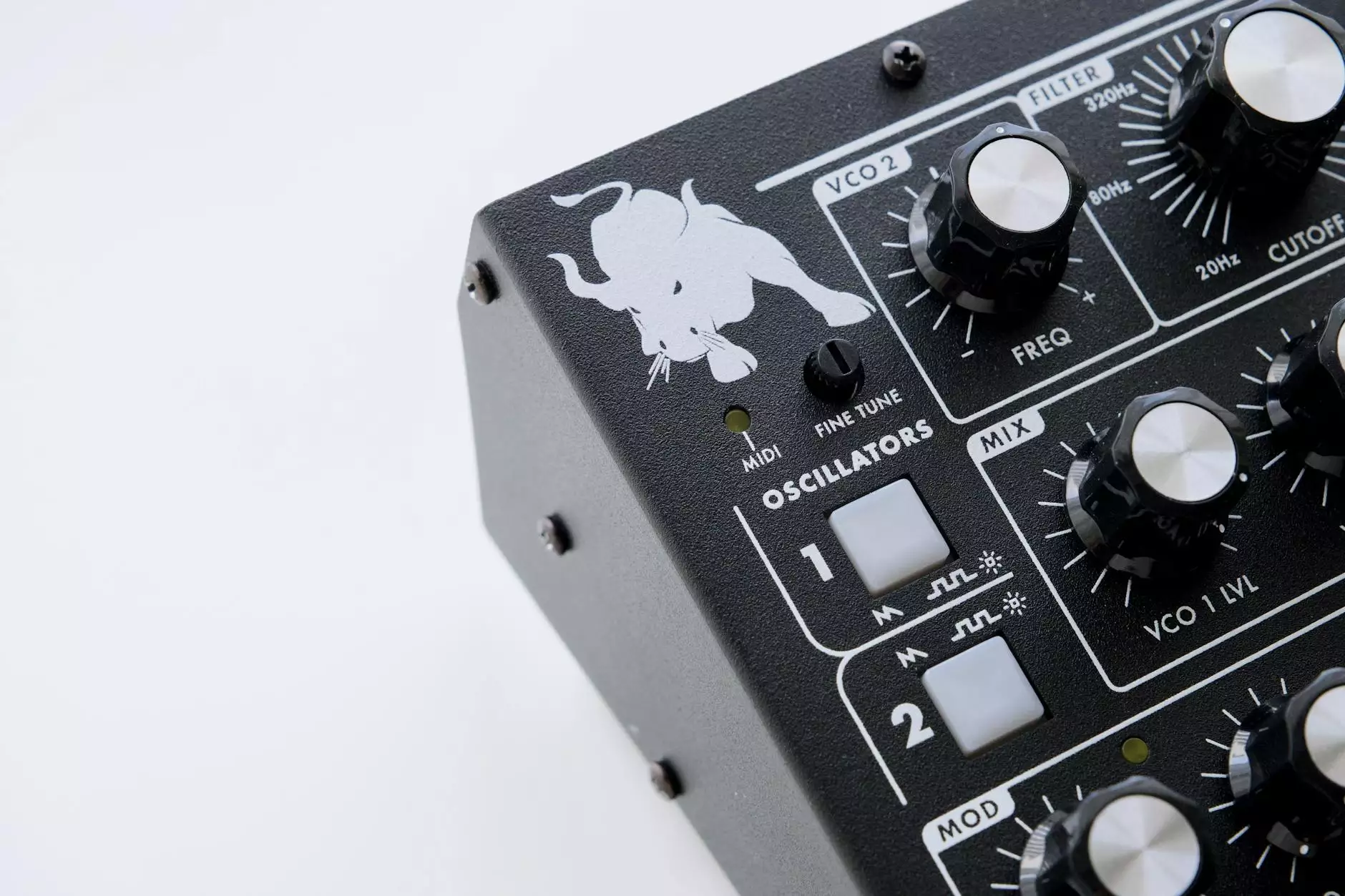The Importance of Surgical Instrumentation in Modern Healthcare

In today's rapidly evolving medical landscape, surgical instrumentation stands out as a pillar of the health segment, fundamentally shaping patient care and surgical outcomes. Surgical instruments are essential tools that surgeons utilize to perform various medical operations effectively. This article delves into the anatomy of surgical instrumentation, its crucial role in healthcare, emerging trends, and the innovations driving this industry forward.
Understanding Surgical Instrumentation
Surgical instrumentation refers to the diverse range of tools and devices that assist in surgical procedures. These instruments can be classified into several categories based on their function, design, and usage during surgeries.
Types of Surgical Instruments
- Cutting Instruments: These include scalpels, scissors, and knives that are used to cut tissues.
- Grasping Instruments: Forceps and clamps fall under this category, allowing healthcare practitioners to hold or manipulate tissues during surgery.
- Hemostatic Instruments: Instruments like forceps that help control bleeding by clamping blood vessels.
- Retractors: Used to hold back tissues to provide better visibility to the operating field.
- Needles and Sutures: Indispensable for closing incisions post-surgery.
The Role of Surgical Instruments in Healthcare
In any surgical procedure, the choice and quality of instruments play an essential role in ensuring successful outcomes. High-quality surgical instrumentation enables healthcare professionals to perform with precision, efficiency, and safety.
Impact on Patient Safety
Patient safety is a paramount concern in any medical procedure. The risks of surgery are significant and can lead to complications if the right instruments are not utilized effectively. Surgical instruments that are:
- Sterilized: Ensuring that all tools are free from pathogens to prevent infections.
- Ergonomically Designed: Reducing fatigue for the surgeon, allowing for better focus and precision during lengthy procedures.
- Durable: Instruments that maintain their functionality over extended periods reduce the likelihood of malfunction in crucial moments.
Enhancing Surgical Precision and Efficiency
With advancements in technology, surgical instrumentation has also evolved. Modern technologies, such as robotic surgical systems and minimally invasive instruments, have enhanced both the precision and efficiency of surgical procedures. These include:
- Robotic Surgery: This includes the use of robotic systems that assist surgeons in complex procedures with higher precision.
- Minimally Invasive Surgery: Instruments designed for laparoscopic surgery result in smaller incisions, leading to quicker recovery times for patients.
- 3D Imaging and Navigation Tools: Such technologies help surgeons visualize the surgical area with unprecedented clarity, improving accuracy.
Innovations in Surgical Instrumentation
As healthcare continues to advance, so does the field of surgical instrumentation. Here's a look at some of the recent innovations that are making a significant impact:
Material Sciences Advancements
New materials are being developed for surgical instruments that improve their effectiveness while reducing cost. For instance:
- Lightweight Alloys: Provide durability while minimizing the weight of instruments, making them easier to handle.
- Flexible Polymers: Allow for the creation of instruments that can bend, mold, and adapt to various surgical needs.
- Antimicrobial Coatings: These special coatings on instruments help to reduce the risk of healthcare-associated infections (HAIs).
3D Printing Technology
3D printing has revolutionized many industries, and healthcare is no exception. Customized surgical instruments can now be manufactured quickly and cost-effectively using 3D printing technology. This customization allows for:
- Individualized instruments: Tailored to the specific needs of patients and surgical procedures.
- Rapid prototyping: Enabling faster research and development cycles for new surgical tools.
Surgical Instrumentation in the Health Markets
The global market for surgical instruments is rapidly expanding, influenced by a variety of factors ranging from advanced technology to increased health awareness among populations. In particular, key drivers are:
- Growing Aging Population: The demand for healthcare services is on the rise due to an older demographic that requires more surgical interventions.
- Increasing Chronic Diseases: Conditions such as diabetes, cardiovascular diseases, and obesity are becoming prevalent, necessitating more surgical procedures.
- Technological Advancements: Continuous innovation in surgical instruments plays a huge role in attracting investment into the surgical instrumentation field.
Choosing the Right Surgical Instruments
Selecting the appropriate surgical instrumentation is essential for successful surgical outcomes. Here are key considerations:
Quality and Brand Reputation
It is critical to choose instruments from reputable manufacturers. Quality certification by recognized bodies ensures that instruments meet safety and performance standards.
Functionality and Versatility
Instruments need to be versatile enough to accommodate a wide range of procedures without compromising efficacy. Functionality is key, so healthcare providers must evaluate instruments based on their specific surgical needs.
Cost-Effectiveness
Though the initial cost is an important factor, long-term durability and effectiveness of the instruments should guide purchasing decisions. Investing in high-quality instruments can lead to reduced overall healthcare costs due to fewer complications and reoperations.
Conclusion
The role of surgical instrumentation in modern healthcare cannot be overstated. As we continue to witness advancements in technology, material science, and robotics, the future for surgical instruments appears promising. The emphasis on quality, safety, and efficiency is transforming surgical environments and enhancing patient outcomes.
At new-medinstruments.com, we are committed to providing the highest quality surgical instrumentation tailored to meet the evolving needs of the healthcare industry. Our dedication to excellence ensures that healthcare providers are equipped with the best tools available, leading to better surgical outcomes and healthier lives.
Investing in the best surgical instruments is an investment in patient safety and quality care. Understanding the importance of these tools allows medical professionals to make informed decisions that profoundly affect their practice and patients’ well-being.









